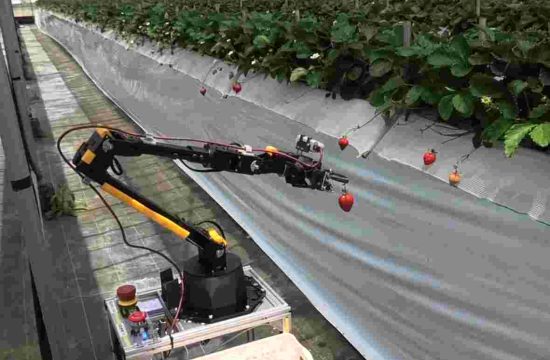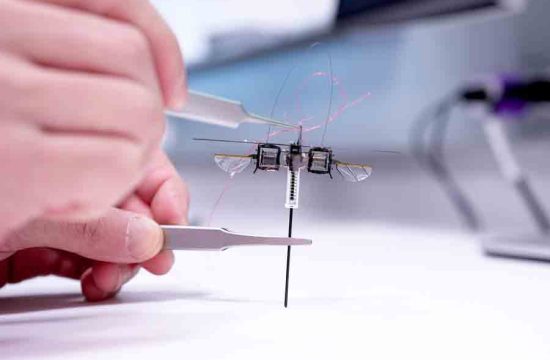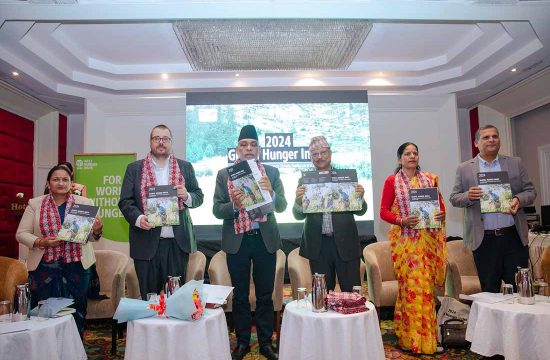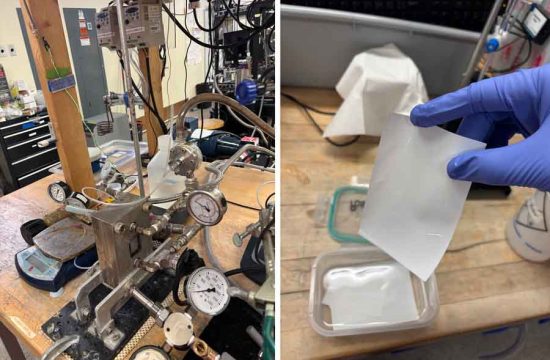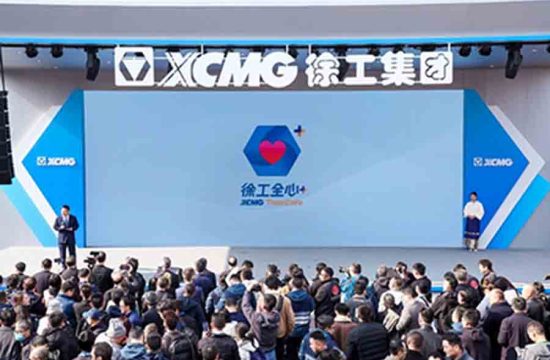Researchers from Hong Kong have developed a novel intelligent transportation system, utilizing integrated algorithm for real-time journey time estimation.
 The Department of Civil and Environment Engineering of The Hong Kong Polytechnic University (PolyU) has developed a novel intelligent transportation system, utilizing integrated algorithm for real-time journey time estimation. The algorithm has taken into account traffic network uncertainty (e.g. adverse weather and traffic accidents) and the on-time arrival probability of a traveler at a destination, to help motorists identify a personalized reliable driving route.
The Department of Civil and Environment Engineering of The Hong Kong Polytechnic University (PolyU) has developed a novel intelligent transportation system, utilizing integrated algorithm for real-time journey time estimation. The algorithm has taken into account traffic network uncertainty (e.g. adverse weather and traffic accidents) and the on-time arrival probability of a traveler at a destination, to help motorists identify a personalized reliable driving route.
PolyU has been assisting the HKSAR Government in the development and application of real-time intelligent transportation systems, including the “Real-time Traffic Information System”, “Hong Kong eRouting” and “Hong Kong eTransport” available on the Hong Kong Transport Department’s website, as well as journey time indicators like “Journey Time Indication System”, and “Speed Map Panels”. The real-time intelligent transportation systems aforementioned utilize different types of real-time traffic data collection technologies, involving different types of data and sample sizes, making data fusion difficult. Given their high cost, there are only a limited number of traffic detectors in use, with long distance in between. In addition, due to privacy issues, only data of registered commercial vehicles can be used, amounting to about 25% of the total number of licensed vehicles in Hong Kong, resulting in a limited sample size of traffic data collected on real-time basis.
[pullquote]The PolyU research team will work to extend the novel intelligent transportation system to cover the public transportation network, such as real-time enquiries for the transit vehicle arrival time at transit stop and the most reliable public transport route.[/pullquote]
The above real-time intelligent transportation systems only provide average journey times and traffic speeds, without considering traffic network uncertainty (i.e. travel time variations). For instance, if a person would like to drive from Point A to Point B with two alternative paths, he/she could opt for either Path 1 or Path 2. The average journey time of Path 1 is 40 minutes, while the average journey time for Path 2 is 45 minutes. Existing intelligent transportation systems would suggest the user to select Path 1 based on the minimum average journey time. Although the average journey time of Path 1 is shorter than that of Path 2 of 5 minutes, the travel time variation caused by traffic network uncertainty is 24 minutes, while the travel time variation for Path 2 is only 12 minutes. The successful rate of on-time arrival for Path 1 is only 80%, while Path 2 has a higher on-time arrival probability of 90%. If on-time arrival is the primary criterion for the user, existing real-time intelligent transportation systems are not able to help the user in identifying the most reliable driving route.
In view of the above limitations and challenges, PolyU researchers have developed an integrated algorithm for real-time journey time estimation to integrate and optimize three types of traffic data, including (1) offline travel time forecasts, (2) filtered real-time automatic vehicle identification data, and (3) real-time video detector data to update the journey time and/or traffic speed once every two minutes. The integrated algorithm has been enhanced to take into account traffic network uncertainty and the on-time arrival probability of a traveler at a destination.
PolyU’s latest invention has both desktop and mobile versions, enabling users to pre-set criterions such as the preferred departure time or preferred arrival time, value of time and petrol cost etc. The system will then identify the best personalized reliable driving route, increasing the successful rate of on-time arrival of a traveler at a destination.
The PolyU research team will work to extend the novel intelligent transportation system to cover the public transportation network, such as real-time enquiries for the transit vehicle arrival time at transit stop and the most reliable public transport route. The team would also like to develop a people-oriented urban traffic control system, to assist transport management authorities to assess the multi-modal transport network reliability, so as to establish appropriate transportation strategies. The invention will benefit different users: helping motorists to save time and petrol, and reduce carbon emissions, as well as to reduce pedestrians’ waiting times and exposure to exhaust emission at signalized intersections and bus stops.



